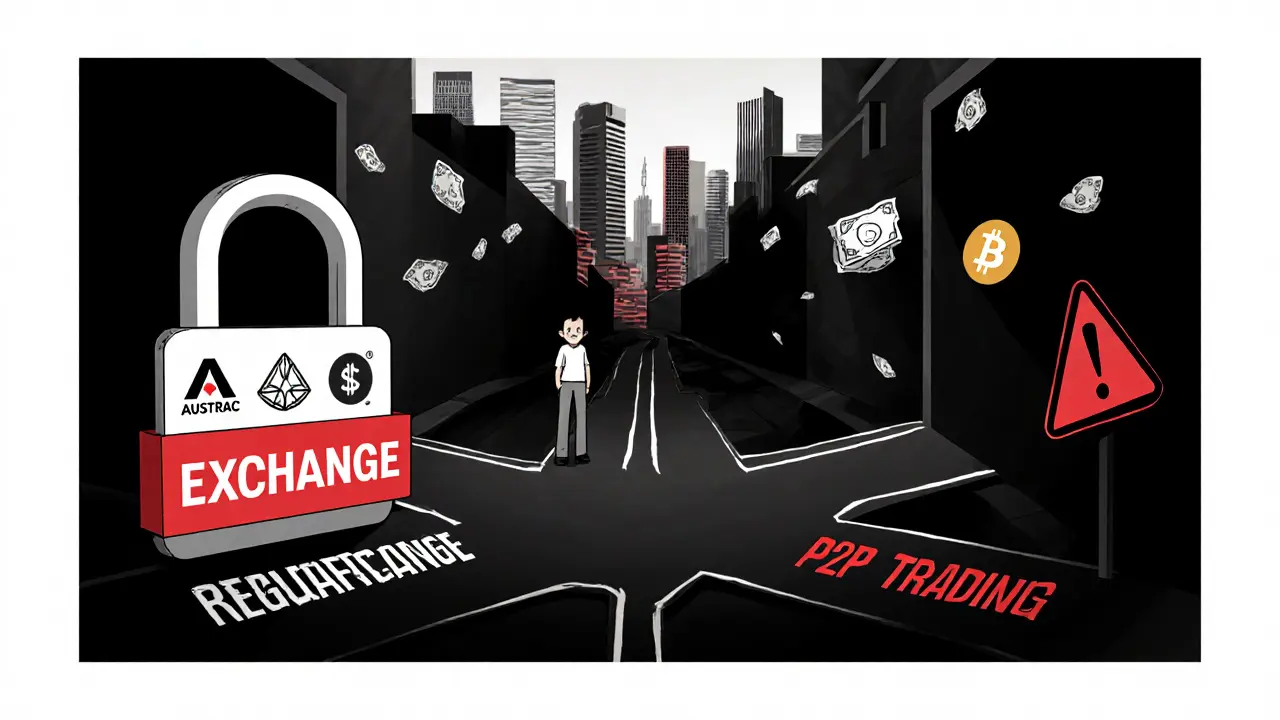Monero Ban: What It Means for Privacy Coins and Crypto Users
When people talk about a Monero ban, a proposed restriction or outright prohibition on the privacy-focused cryptocurrency Monero due to its strong anonymity features. Also known as XMR ban, it’s not just about one coin—it’s about whether financial privacy is allowed in the digital age. Monero uses ring signatures and stealth addresses to hide sender, receiver, and transaction amount. Unlike Bitcoin, where every transaction is public, Monero makes tracing funds nearly impossible. That’s why regulators in the EU, Japan, and parts of the U.S. have flagged it as a risk for money laundering and illicit activity.
But here’s the catch: banning Monero doesn’t stop criminals—it just pushes them to less transparent tools. Meanwhile, everyday users who want to protect their spending habits from surveillance, advertisers, or even overreaching governments lose a key tool. The privacy coins, cryptocurrencies designed to obscure transaction details and protect user identity. Also known as anonymous coins, it includes Monero, Zcash, and Dash—each with different approaches to privacy. And while some exchanges have delisted Monero under regulatory pressure, others still support it because users demand it. The real question isn’t whether Monero is dangerous—it’s whether society is willing to sacrifice privacy for perceived security.
The crypto regulation, government rules and policies that control how cryptocurrencies are used, traded, or taxed. Also known as digital asset regulation, it is shifting fast. Countries like South Korea and Australia have already restricted Monero trading on licensed platforms. The FATF (Financial Action Task Force) has pushed for ‘travel rule’ compliance, which requires exchanges to share user data—something Monero fundamentally blocks. That’s why regulators see it as incompatible with modern compliance. But compliance isn’t always justice. Many users aren’t trying to hide illegal activity—they’re trying to hide their salary, medical expenses, or political donations from prying eyes.
What’s next? If Monero gets banned widely, it won’t disappear—it’ll go underground. Dark networks, peer-to-peer swaps, and private wallets will keep it alive. And the more exchanges remove it, the more valuable it becomes to those who truly need anonymity. This isn’t just a tech debate. It’s a civil liberties issue wrapped in blockchain code. The posts below break down real cases where Monero was targeted, how exchanges reacted, what regulators actually say, and how users are adapting. You’ll see what’s real, what’s fearmongering, and what’s being hidden in plain sight.
Privacy Coins Banned on Australian Crypto Exchanges: What You Need to Know
Australia doesn't ban privacy coins outright, but exchanges can't list them due to strict anti-money laundering rules. Here's how the ban works, why it's happening, and what options Australians have left.





